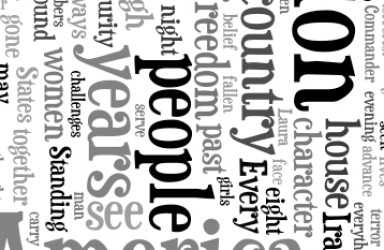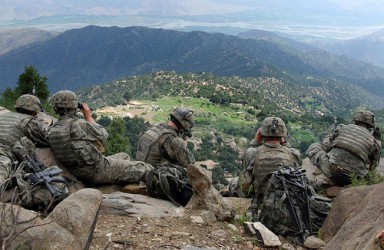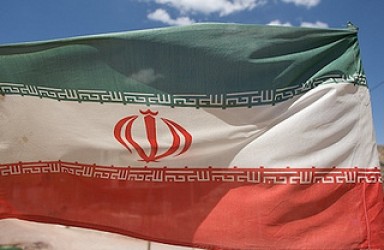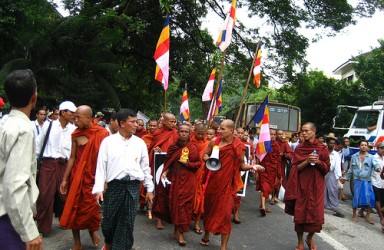On International Sponsorship
A relationship between international actors based on sponsorship differs from classical notions of clientelism and soft power, and is critical of exclusively statist conceptions of international politics. Sponsorship, I argue, becomes a mutual determinant and accelerator of globalisation.
Neoconservatism and American Foreign Policy
Neoconservatism’s approach of democratising the Middle East via military intervention, tempering terrorism in the area, and dealing with Iran decisively has already formed the core of Obama’s policy package, all continuations from the Bush administration.
Sri Lanka Needs Peace, Not R2P
Proponents of “responsibility to protect” or “R2P” have been linking their concept in recent weeks to the waning civil war in Sri Lanka. Are they right to do so? Talk of R2P may well distract from what should be a clear and unified demand to both sides: Cease fire.
Understanding Thailand’s political crisis
When Asian leaders attending a summit meeeting – including the prime ministers of China and Japan – had to be whisked out of a besieged luxury Pattaya hotel by helicopter on 11 April, it was official: Thailand is in deep political trouble.
The Bi-Polar Perspective and the Sri Lankan Crisis
The Sri Lankan government is losing the ideological battle while it is winning the military battle. This has tremendous implications for policymaking. Even if the government completely vanquishes the LTTE, the government could be pressured into an unfair and unsustainable political settlement due to the deeply entrenched ethnic analysis.
“One World, One Dream”: The Beijing Olympics
Of all the visible symbols of China’s rise to global prominence, perhaps the most compelling was the Opening of the 2008 Summer Olympic Games in Beijing. But what did the Games reveal about the nature and character of the “new” China, and-equally importantly-what did they seek to conceal from view?
The Neo-Taliban: The Shape of Things to Come…
One of the enduring features of Western strategic thinking over the past half-century has been to immediately write off one’s less powerful enemy, if the latter has been militarily overpowered. As the history of contemporary warfare suggests, very often this approach is couched on the realist thinking that a vanquished enemy is incapable of making a comeback.
Iranian nationalism: A theoretical dilemma
This brief study aims to examine the emergence of Iranian nationalism and its implications of national independence in 1950s. Dr. Mosaddegh and his nationalist party Jebhe Milli Iran (Iranian National Front) will be the focus of this inquiry, which begins with a brief historical background to the origins of the party and the political climate of the time.
Transnational Religious Actors and International Order
In recent years, there have been a number of challenges to international order emanating from various entities, including ‘Islamic extremists’ and, more generally, those ‘excluded’ from the benefits of globalisation; sometimes they are the same people.
Burma’s Crimes Against Humanity – A Test Case for the ‘Responsibility to Protect’
Burma is ruled by one of the world’s most brutal military regimes, guilty of every possible human rights violation. Known as the State Peace and Development Council (SPDC) and led by Senior General Than Shwe, Burma’s junta is not only brutal, but illegitimate. Elections held in 1990 were overwhelmingly won by the National League for Democracy (NLD) led by Nobel Laureate Aung San Suu Kyi. The world has an undoubted responsibility to protect the Burmese people from their leaders.










